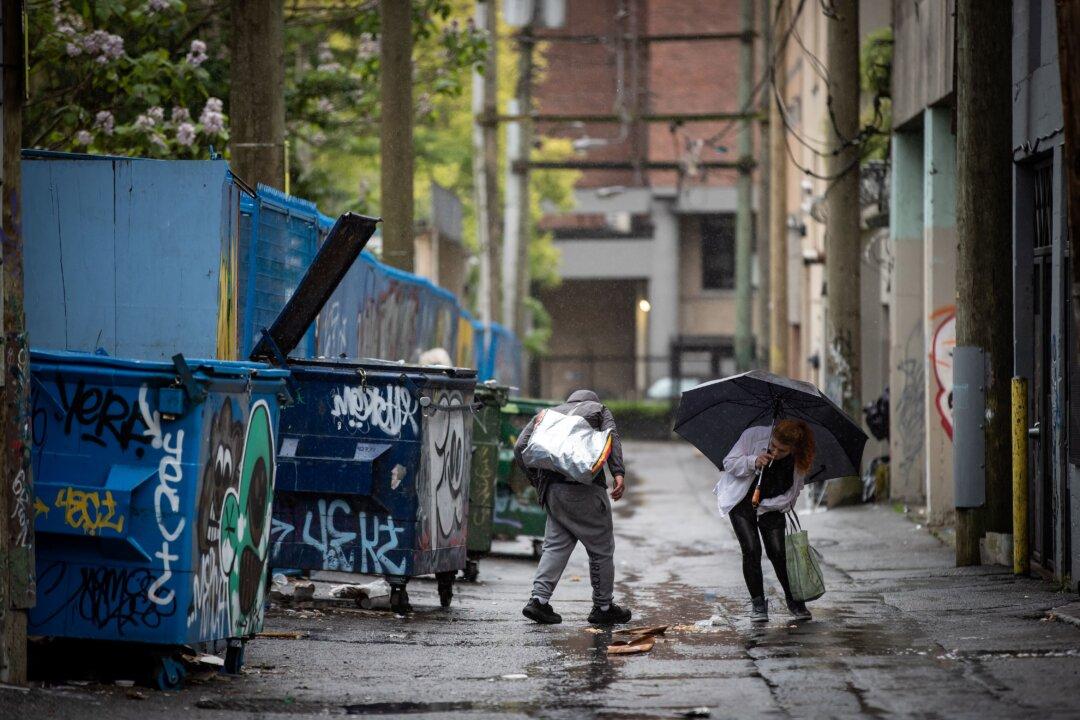Leaders from municipalities across British Columbia will gather next week in Vancouver to discuss their priorities for the provincial government to act on. Drugs, mental health, homelessness, and public safety resolutions are among those announced ahead of the meeting.
Last year’s Union of BC Municipalities (UBCM) convention got much attention for a resolution it passed calling on the government to prohibit drug use near places children gather and other public areas.





